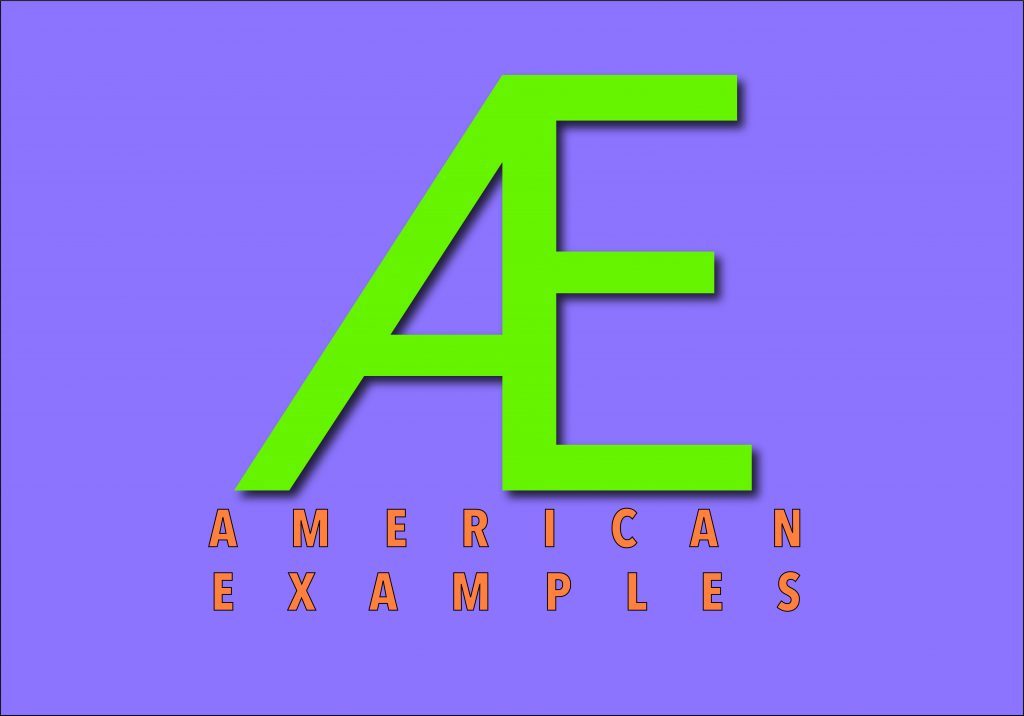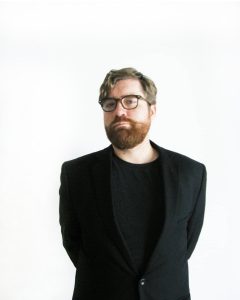
Travis Cooper holds a double PhD in Religious Studies and Anthropology and lectures at Butler University. His dissertation project, “The Digital Evangelicals: Contesting Authority and Authenticity after the New Media Turn,” examined religious boundary maintenance strategies in the era of social media. His current research focuses on the various social architectures that structure everyday American life-worlds, rituals, and traditions—systems ranging from media ideologies and print culture to the ideologies of urban design and the built environment. An ethnographer of the American Midwest, he studies (sub)urban habitudes, residential and religious architecture, and the anthropology of the modern.
We asked him to explain what he gained from his participation in the first American Examples workshop last year.

American Examples was, for me, an intriguing experimental workshop. What can come of bringing religious studies scholars, historians, digital media scholars, anthropologists, and ethnographers together to talk about this nebulous thing we call “American religion”? American Examples, for one, blended the thrill of an academic conference with the intimacy and rigor of a graduate seminar. During our inaugural gathering, the event was set up so that by the time we arrived on campus we had already read and thought about each of the group’s respective research projects. I learned about Nigerian Pentecostal immigrants, American Muslim comedians, Indo-Trinidadian Hinduism, digital atheism, and the long and complex social history of the study of madness.
By the time we convened in person, we were able to jump straight into discussion guided by workshop mentors from among the religious studies department’s stellar faculty. The discussions were not only about giving and receiving critically constructive feedback but also making connections between the various projects as well as theorizing, in a meta-sense, the work that we as Americanists do. Finally, the workshop was very much a collaborative event. Having 10 or so people read and contribute in a significant way to the shape of your work is quite the thrilling experience. Because of American Examples, I have a much stronger research project and richer network of colleagues and conversation partners. I found the entire project to be immensely rewarding and highly recommend participating if you have the opportunity.
American Examples is currently accepting applications for 2020.